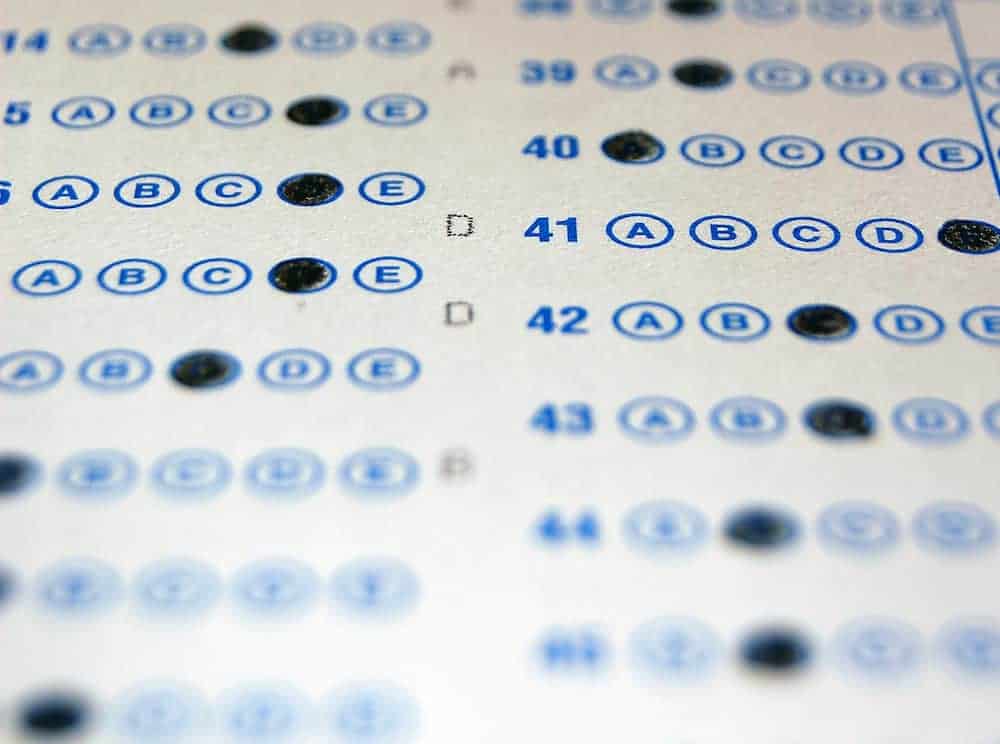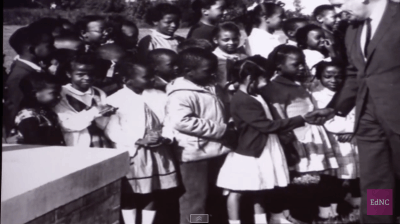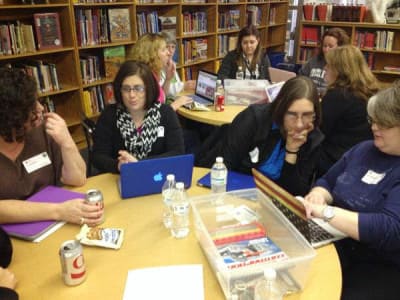

This article was originally published on February 12, 2015 in the Carolina Journal.
Is civic literacy a 21st-century skill? The answer is a resounding “yes” from lawmakers intent on combating widespread student ignorance about the form and function of American government. In classrooms nationwide, “civics is making a comeback,” The Wall Street Journal proclaimed recently. And in North Carolina, civics class is garnering renewed attention from school officials.
The nonprofit Civics Education Initiative is leading the citizenship charge nationally. CEI’s goals are ambitious: Push for legislation in every state requiring high schoolers to pass the U.S. citizenship test before graduation. At least 15 state legislatures have approved, or soon will consider, such a measure.
Civics education’s resurgence comes as skills intended to boost work force readiness and global competition dominate the school day. “Civics,” notes CEI’s background statement, has been “boxed out of the classroom” by STEM subjects (science, technology, engineering, and mathematics). So move over, STEM. Civics may become the darling of the school day.
High school test results underscore our national imperative. On the 2010 National Assessment of Educational Progress in Civics, only 24 percent of 12th-graders demonstrated proficiency with essential concepts, such as understanding how and why America was founded, or what role citizens play in carrying democracy forward.
These discouraging findings generated significant news coverage. But don’t expect a media blitz highlighting follow-up results.
Scheduled for release this spring, 2014 civics test scores will include only eighth-graders. Due to funding constraints, 12th-graders (and fourth-graders) were nixed from the 2014 test to permit greater focus on STEM-based assessment.
Why worry if 12th-graders (on the cusp of voting eligibility, or already there) remain clueless about the rights and responsibilities of citizenship? Such knowledge is a fundamental prerequisite for civic engagement. Career readiness is important, but so is preparing for this reality — our next generation of workers is also our next generation of voters.
Or not: Young adult voting participation declined in the last presidential election and consistently trails voting by any other age group. Why do many young adults abstain from voting? A 2014 Harvard University Institute of Politics poll of 18- to 29-year-olds reveals the top reasons: They’re uninformed, uninterested, or too busy.
In North Carolina, lawmakers and school officials are pushing hard to bolster civic learning. In 2011 the N.C. General Assembly passed “The Founding Principles Act,” requiring students to take and pass a semester-long U.S. history class highlighting America’s founding documents and ideals.
That requirement now will be fulfilled through the yearlong high school “Civics and Economics” class, according to a January 2015 vote by the N.C. State Board of Education. The class will be renamed “American History: Founding Principles, Civics, and Economics,” and at least half of course content will cover concepts outlined in the law. The civics class is a “good fit” for teaching founding principles, says State Board of Education member Buddy Collins, and reflects “where it [content] should have been” originally.
What about that citizenship test? Ensuring N.C. high schoolers know, at a minimum, the same information required of immigrants seeking to become naturalized U.S. citizens is common sense. Some may balk at another test requirement (a legitimate concern), but this is no arduous exam. Test-takers are expected to know the name of the president, the number of Supreme Court justices, or the purpose of the Declaration of Independence, for example. In addition to promoting civic literacy, such an exercise could help disengaged teens recover their civic pride.
Is the renewed focus on civics education here to stay? Let’s hope so. The future and flourishing of American democracy depend on it.




